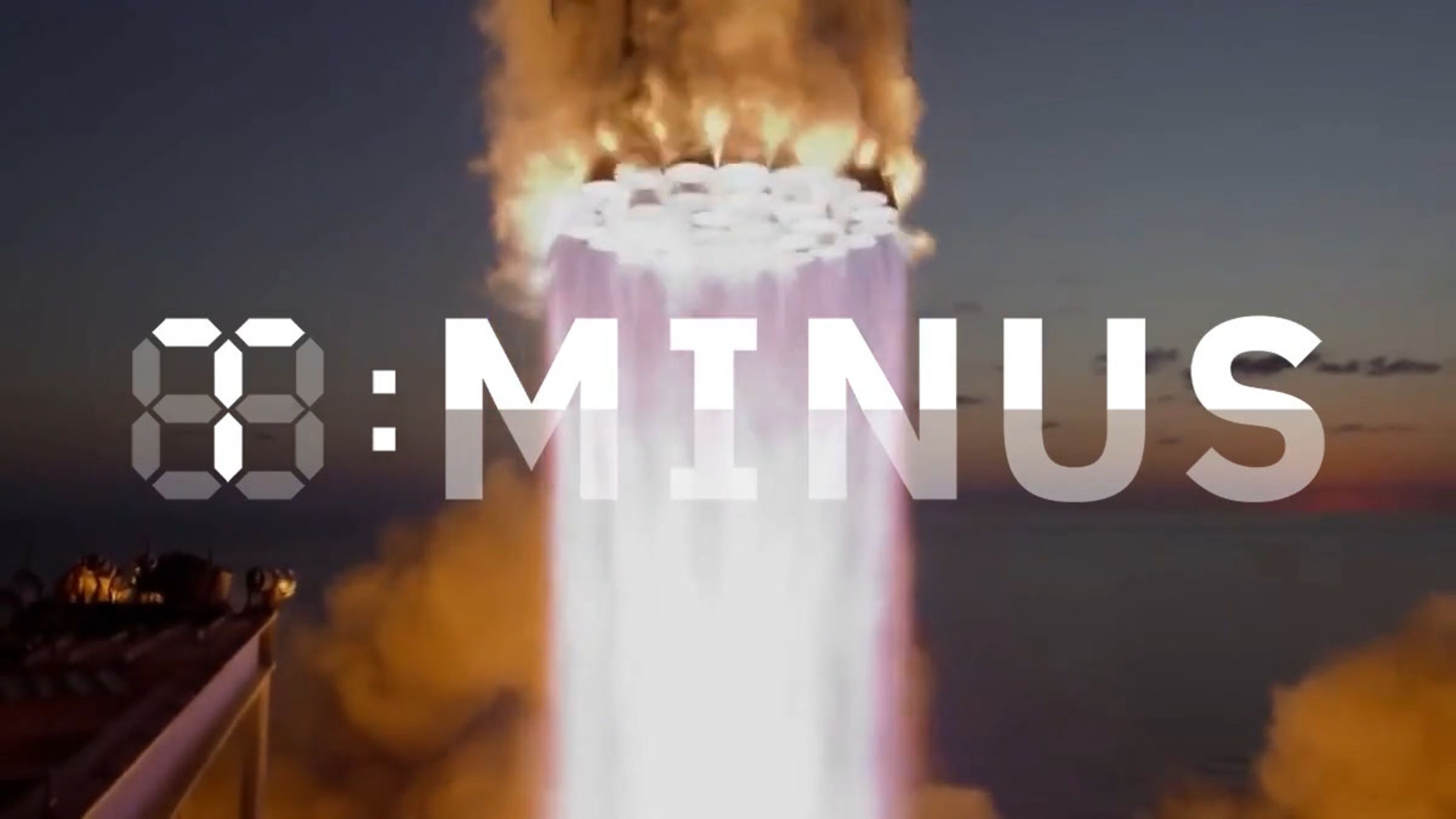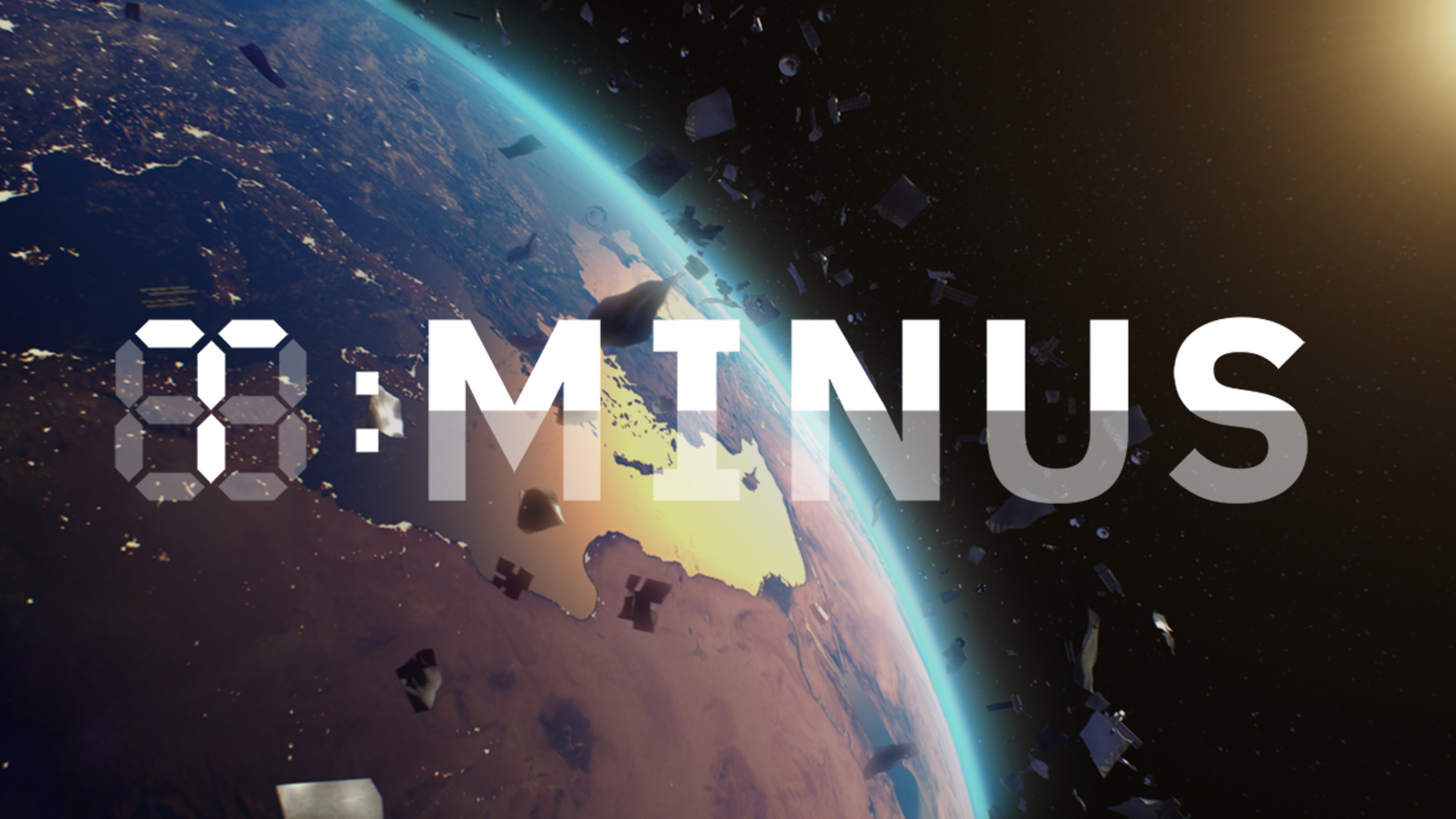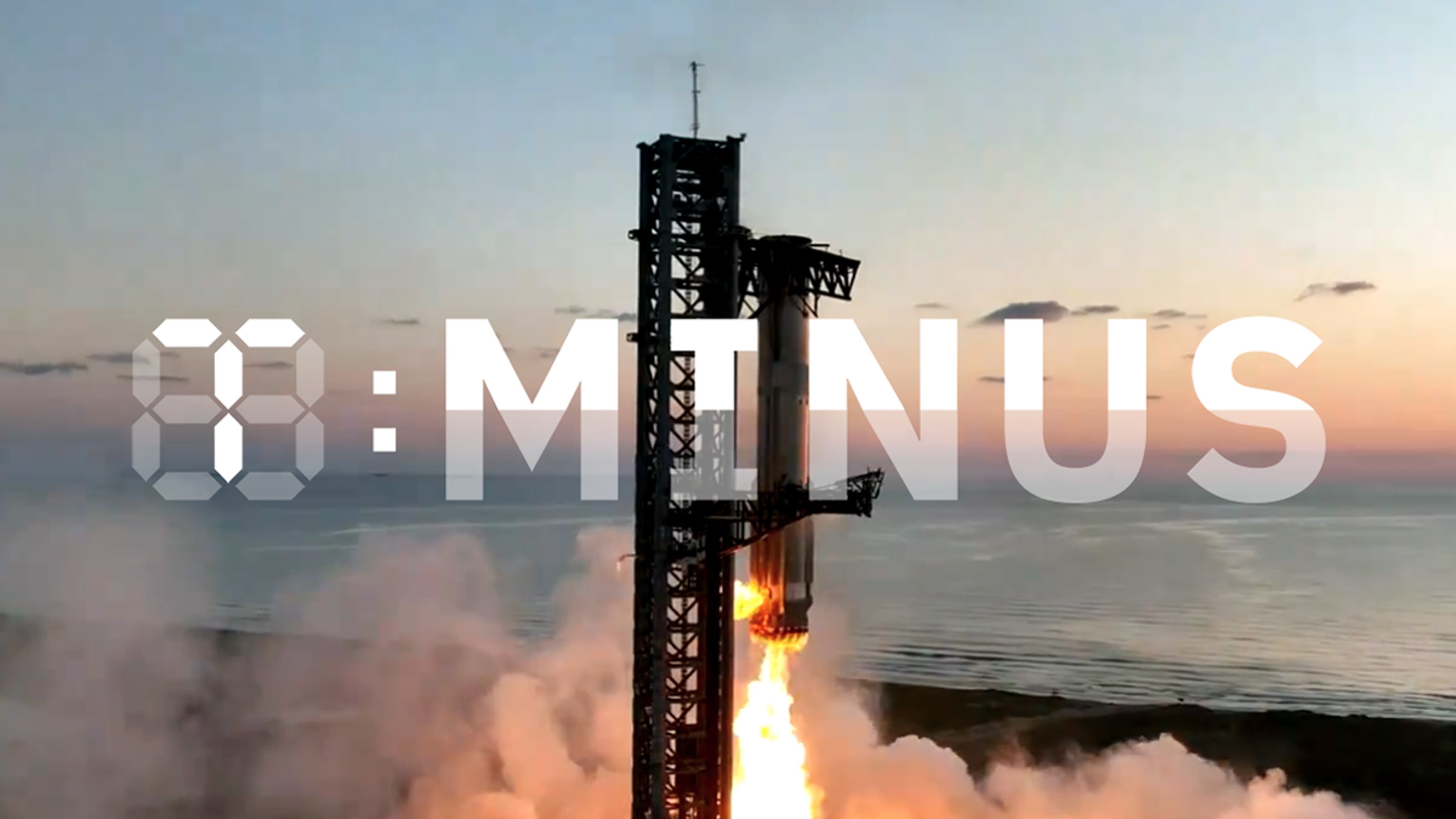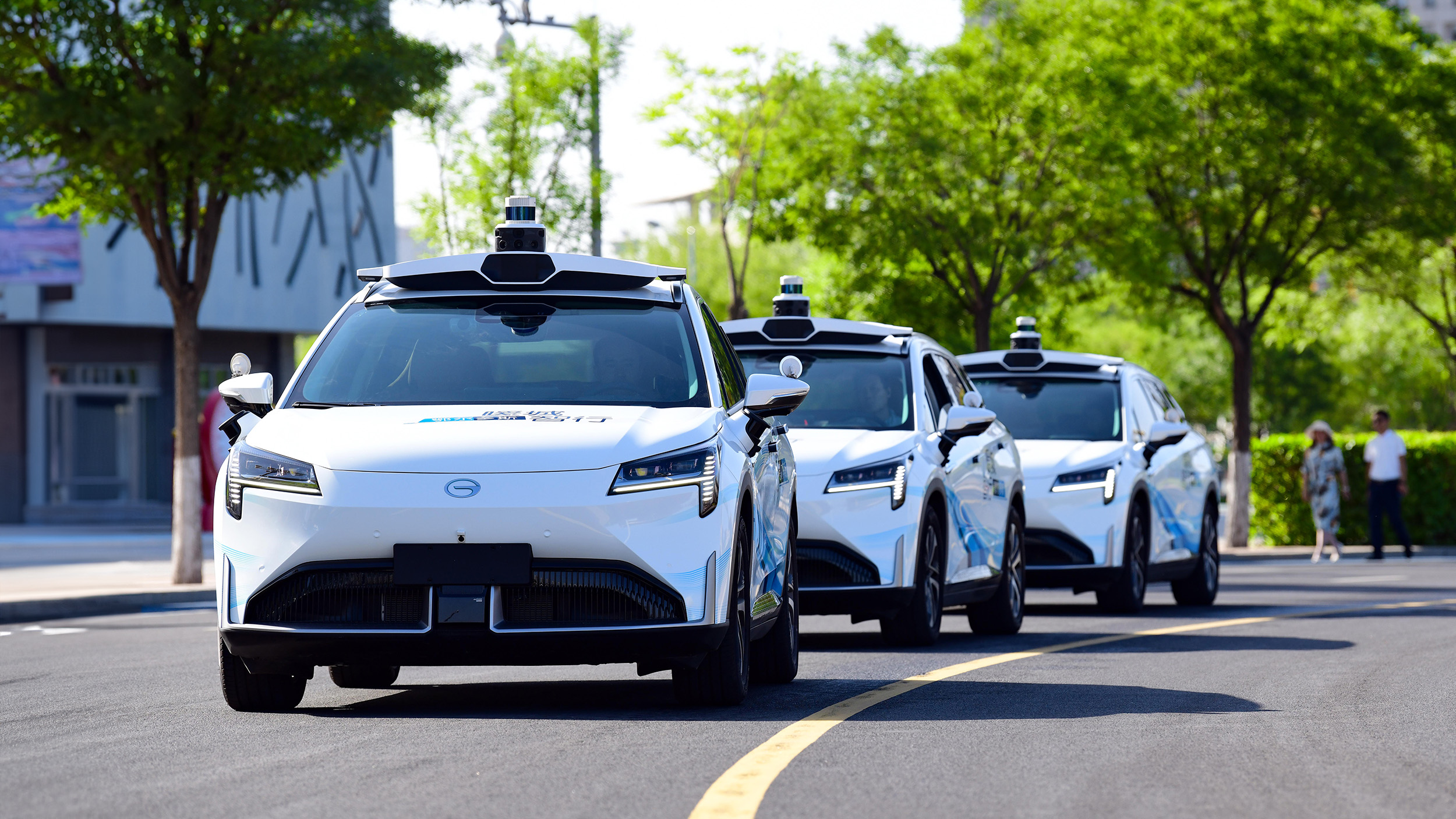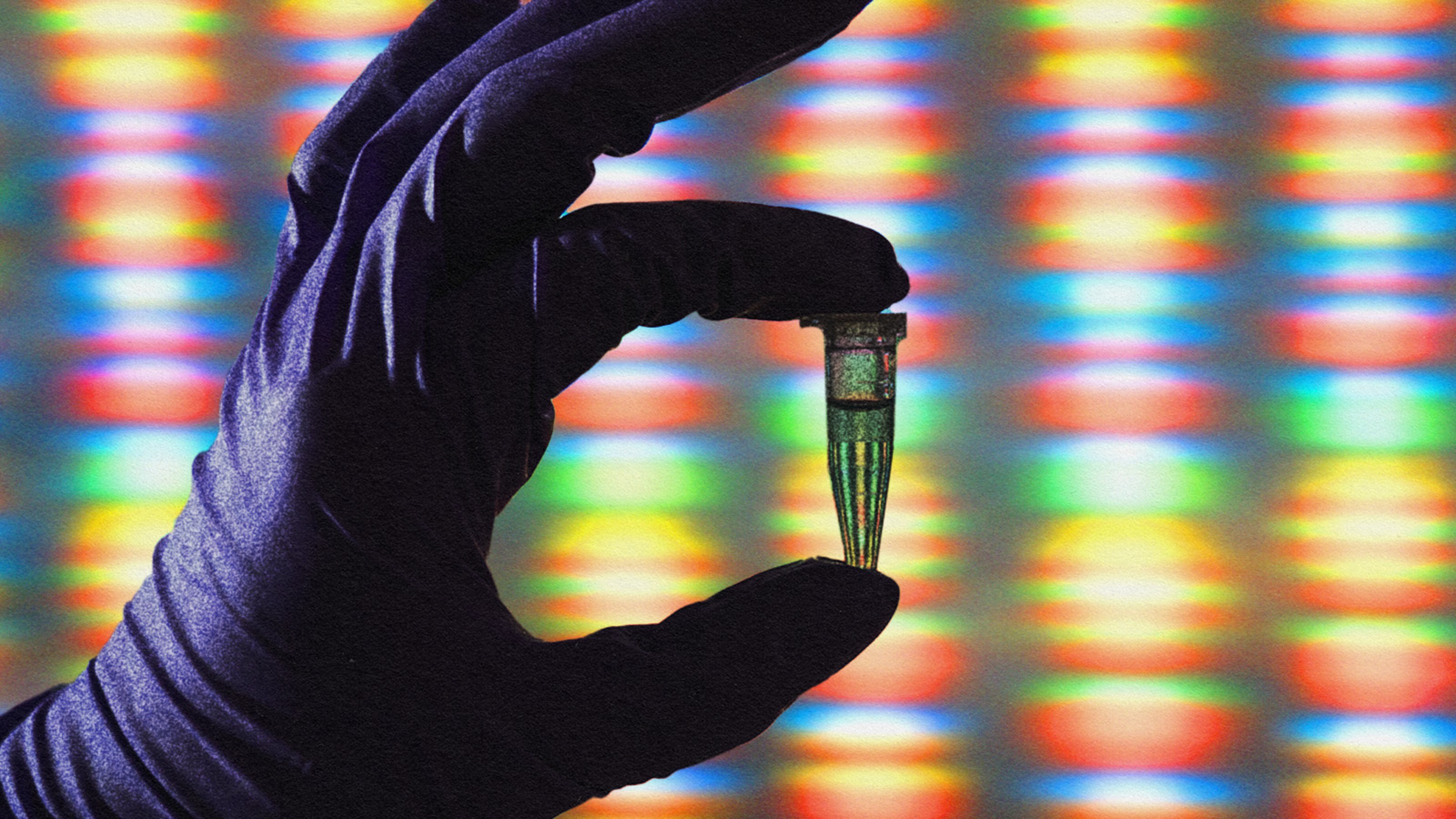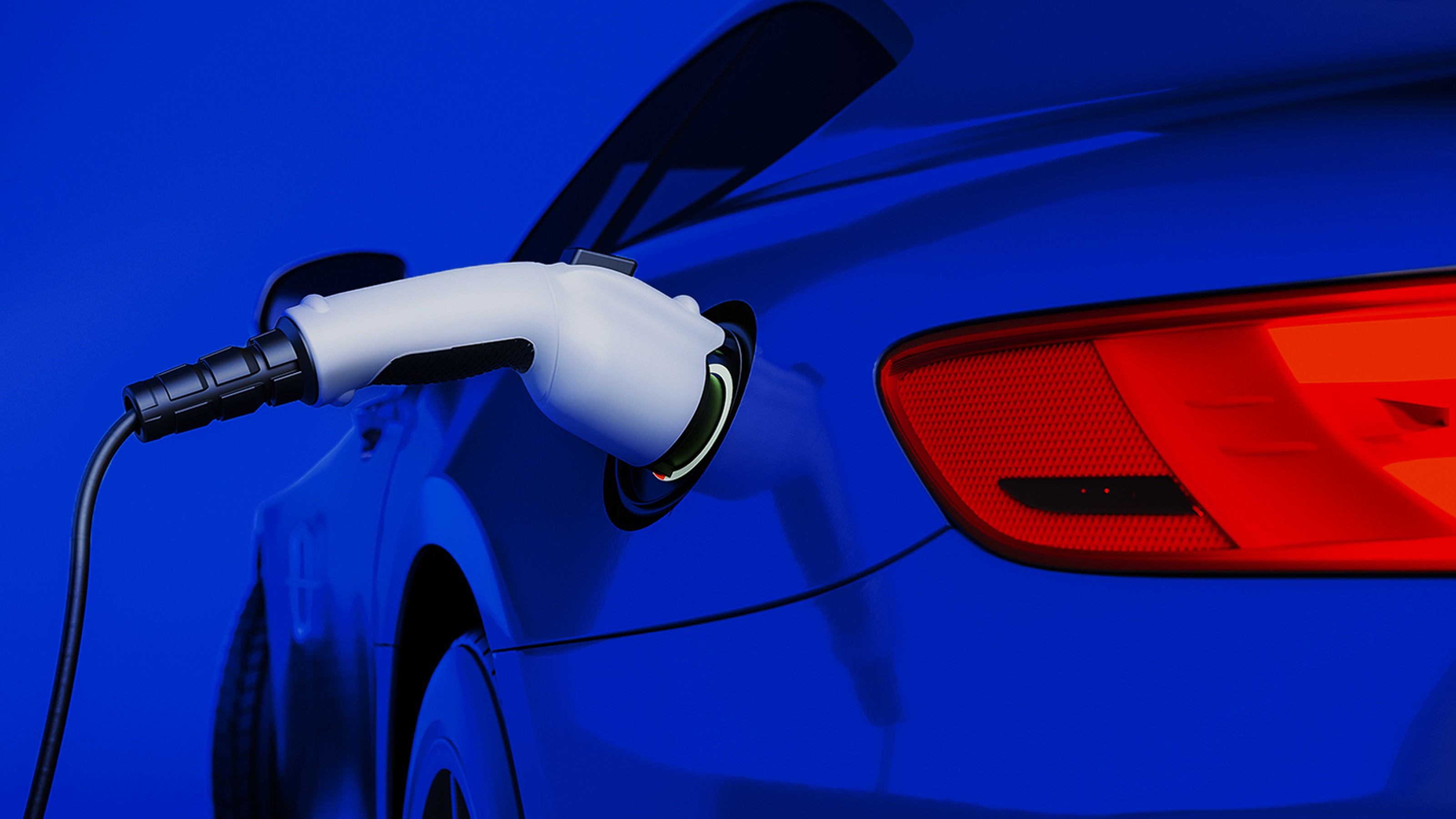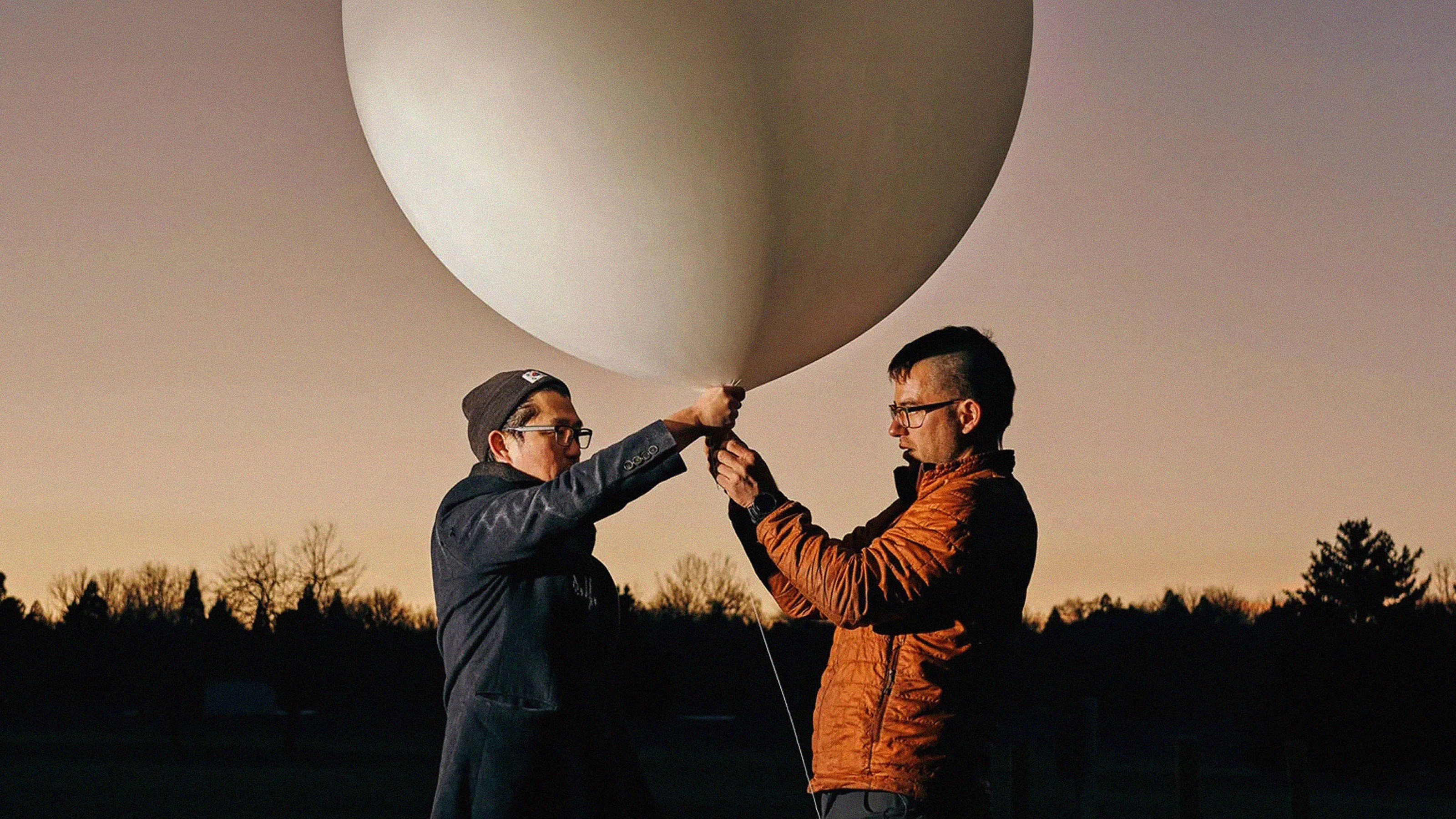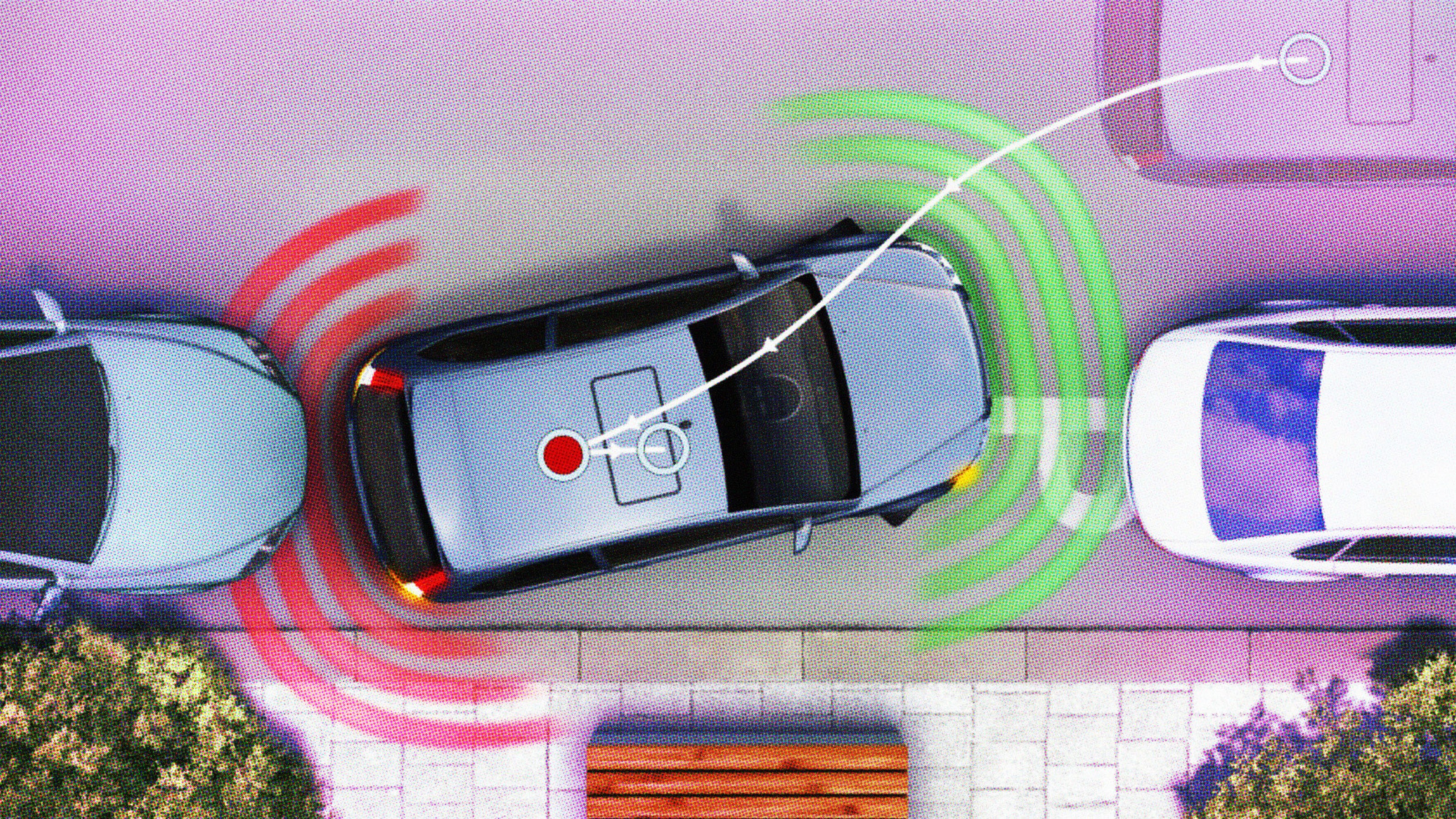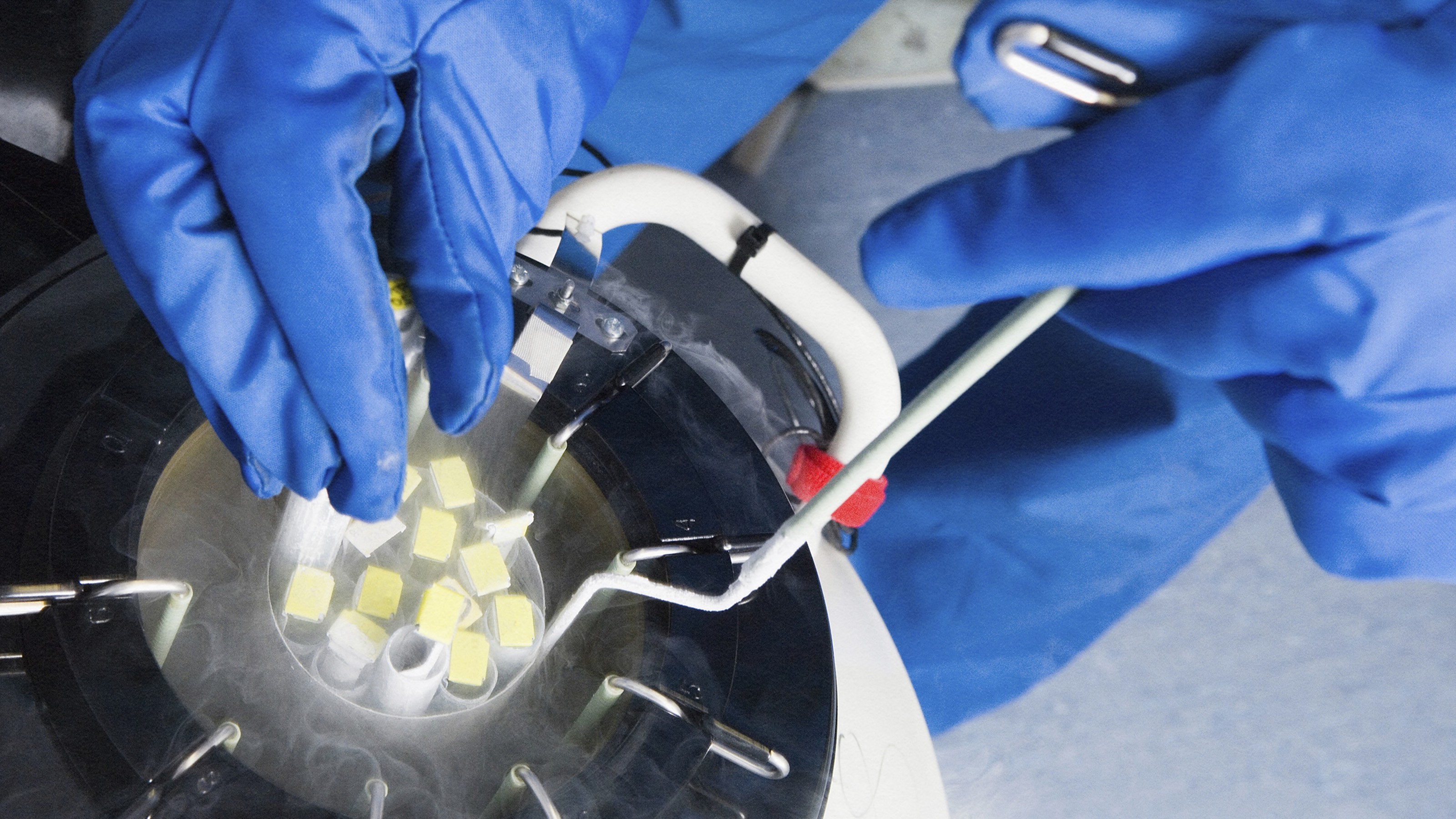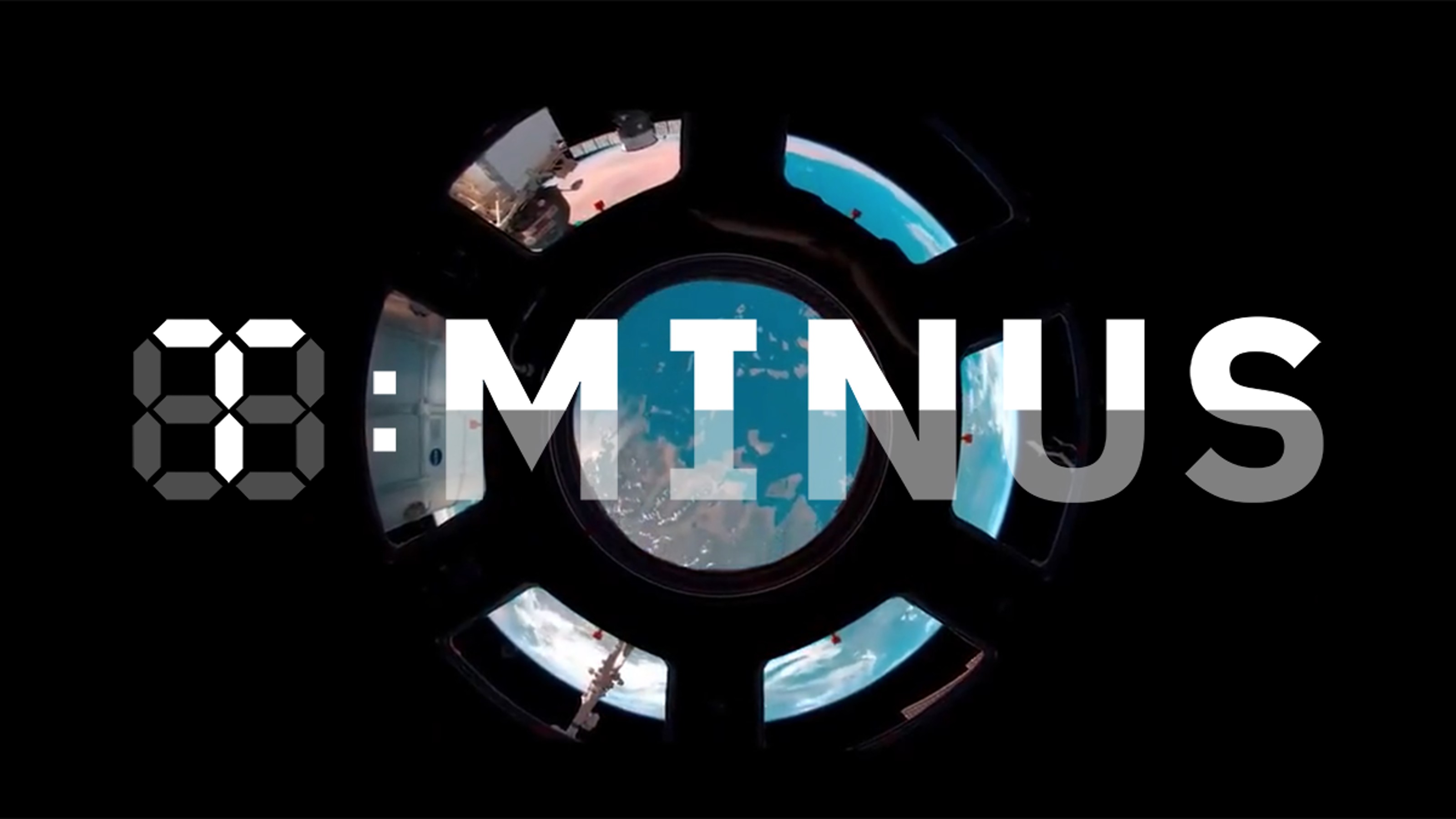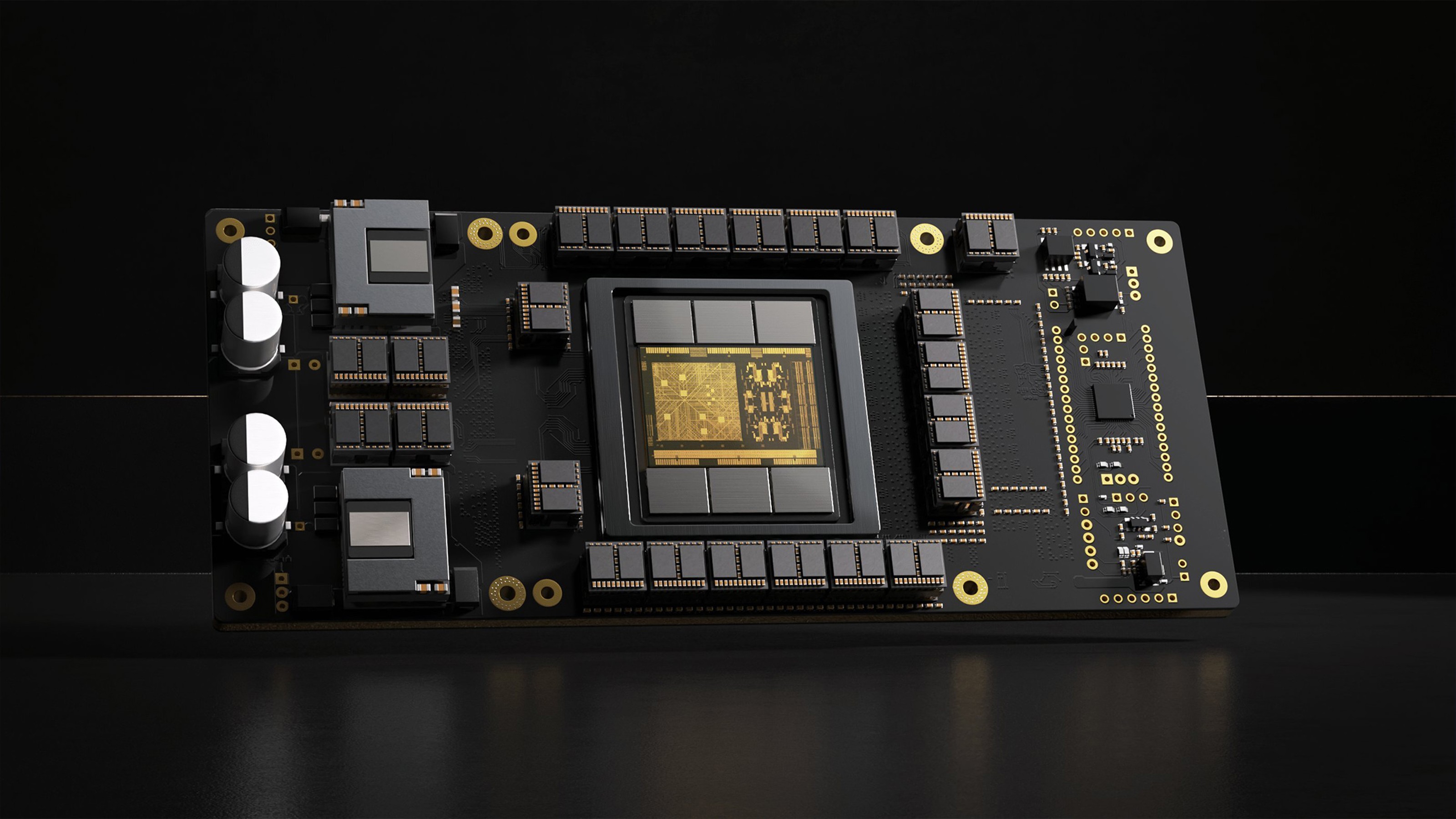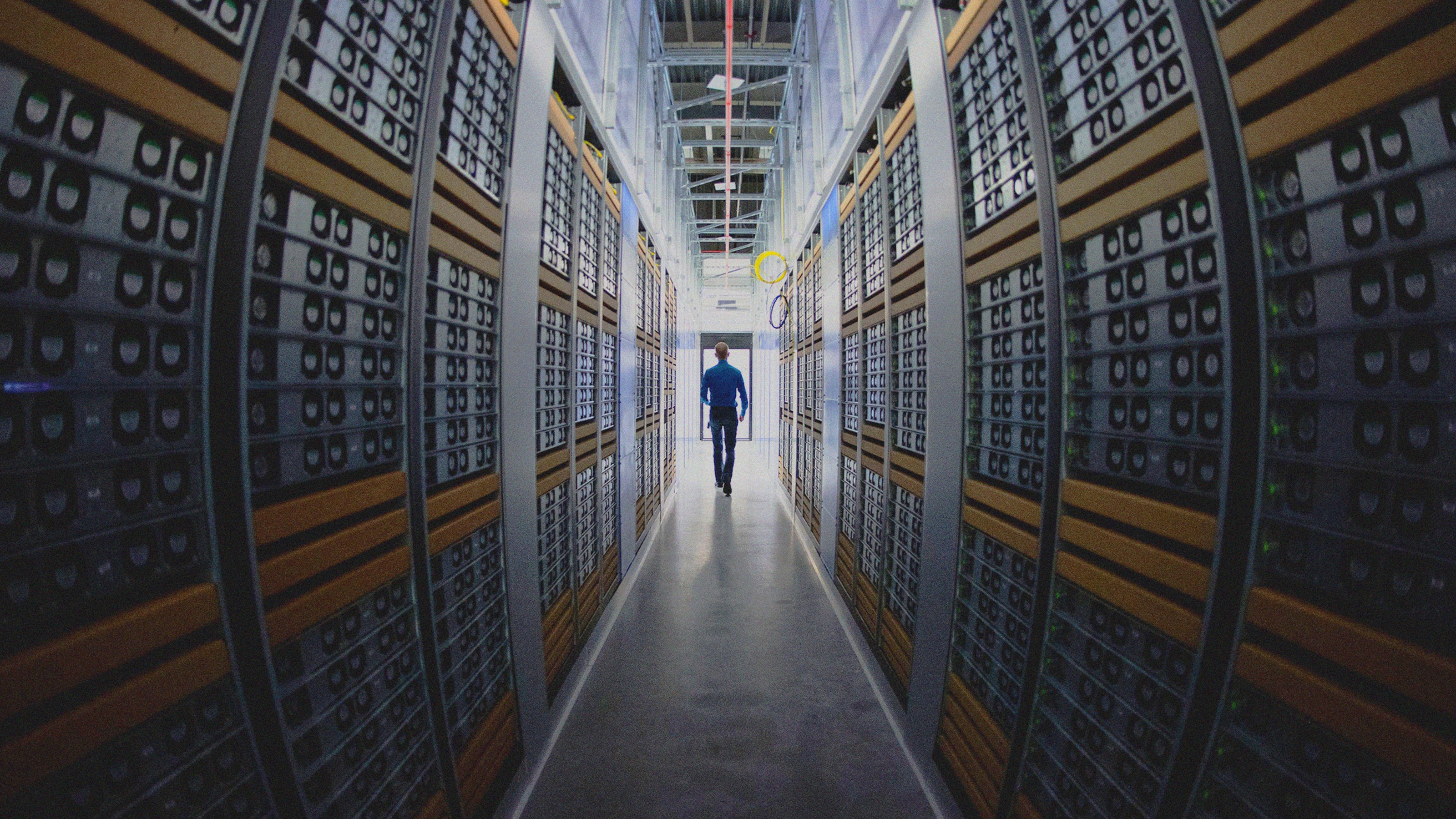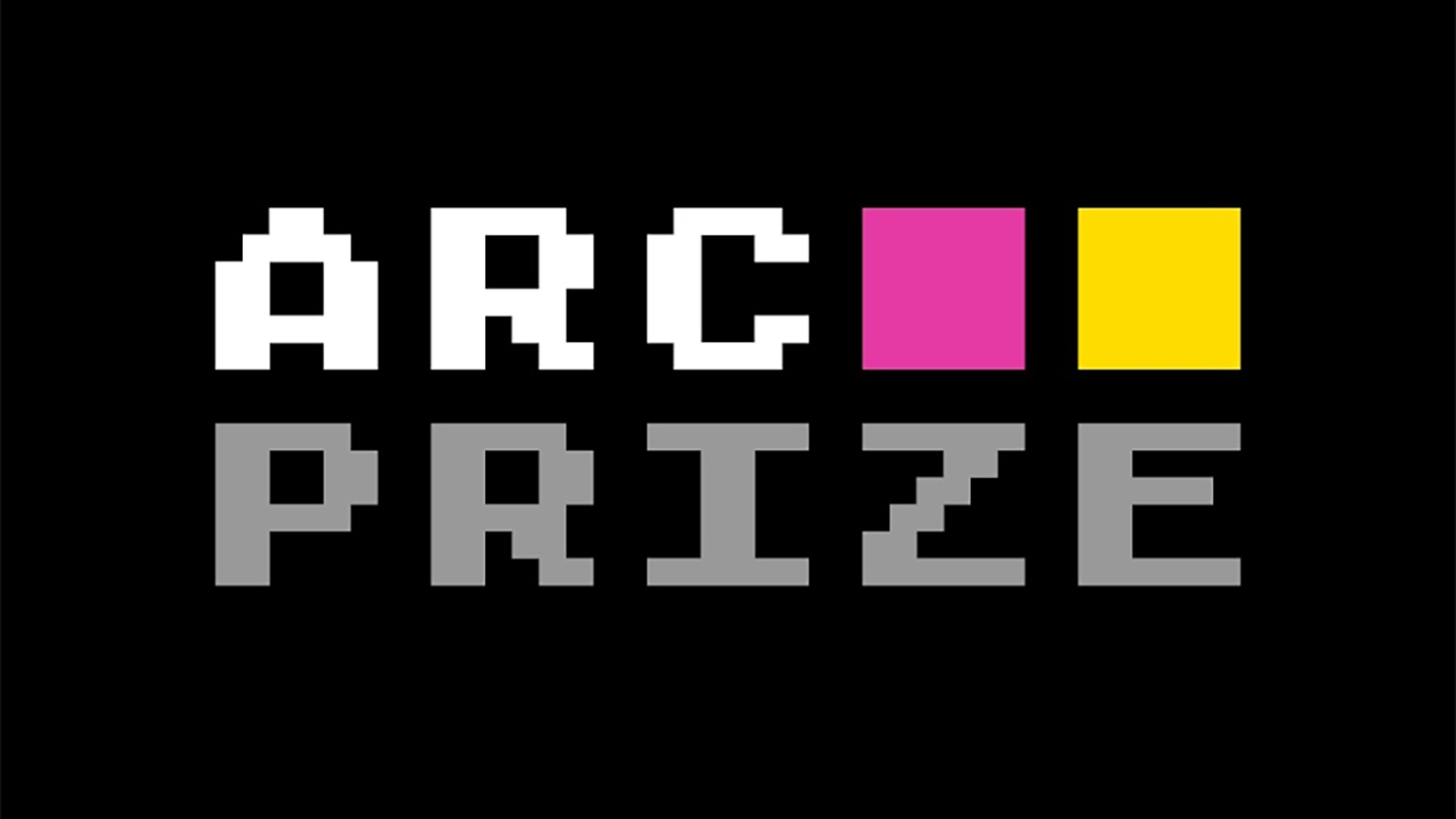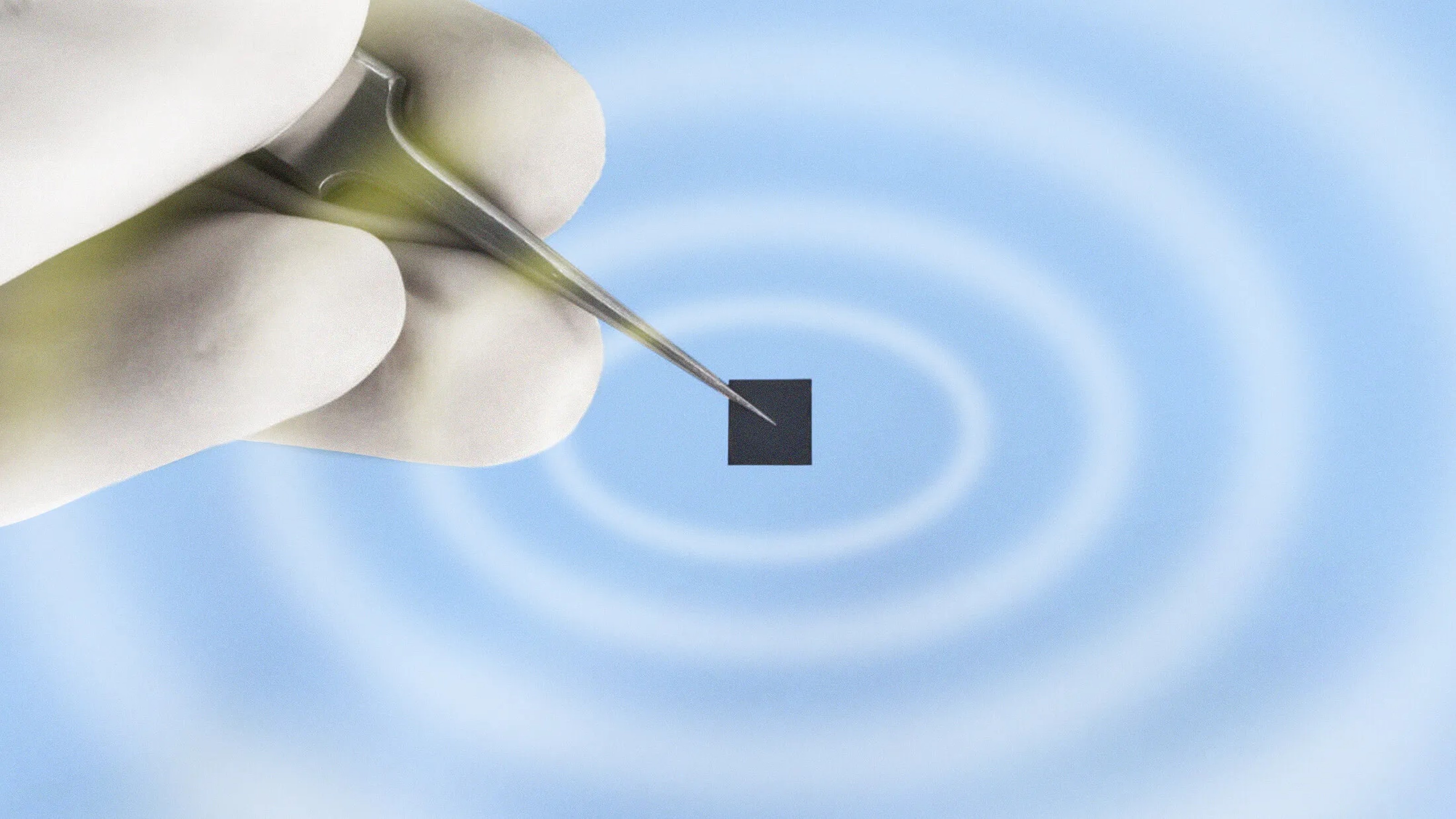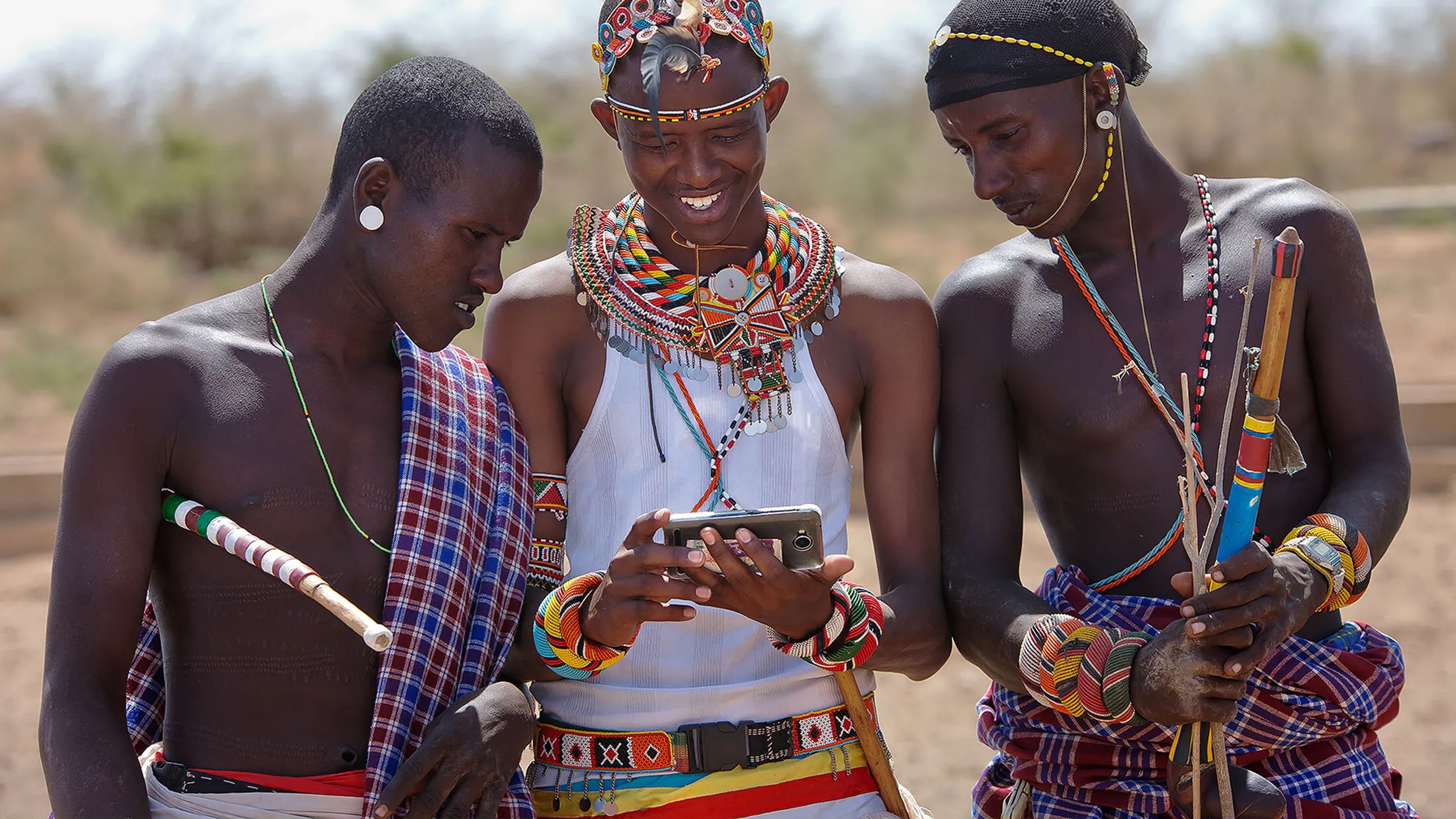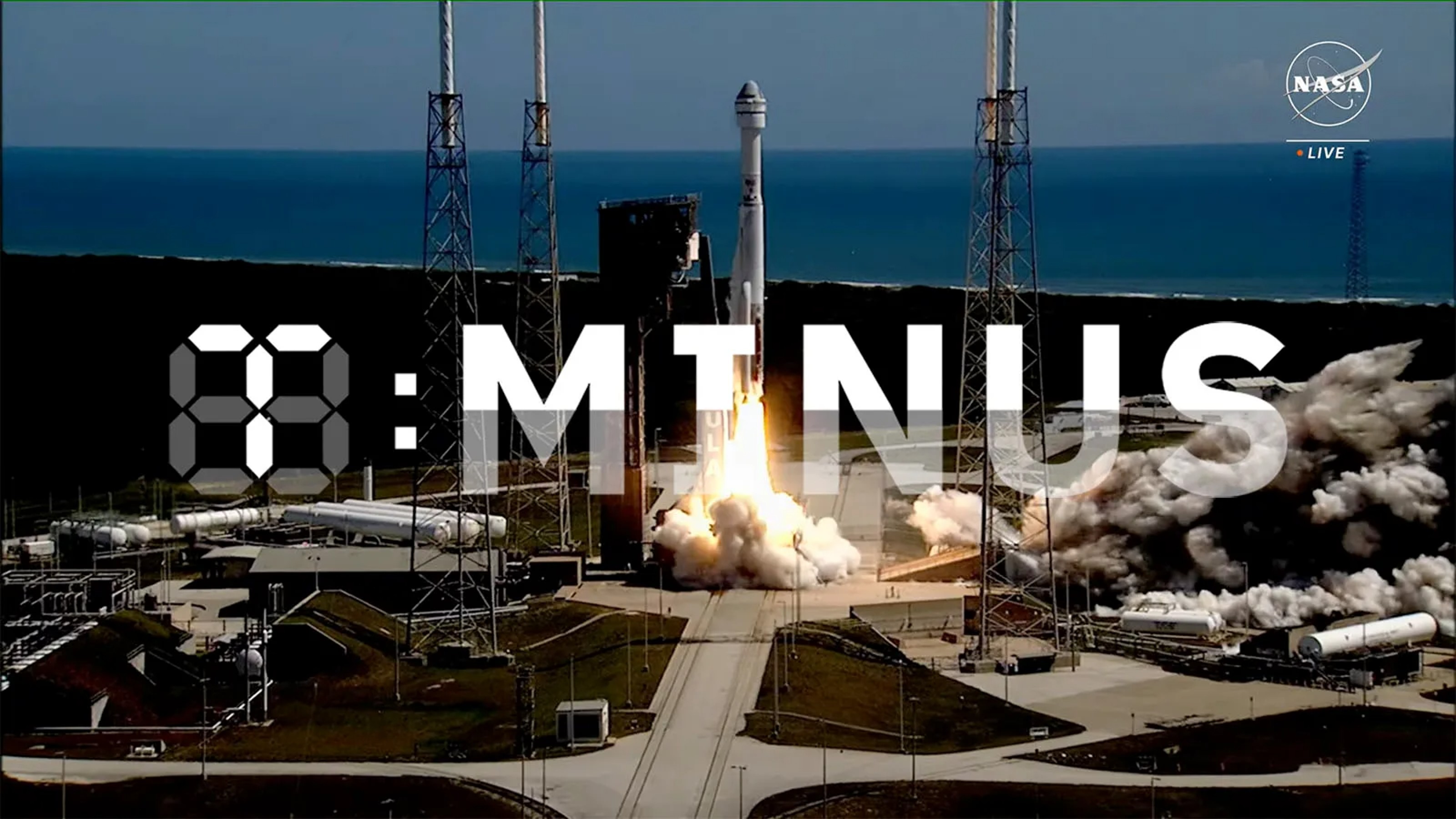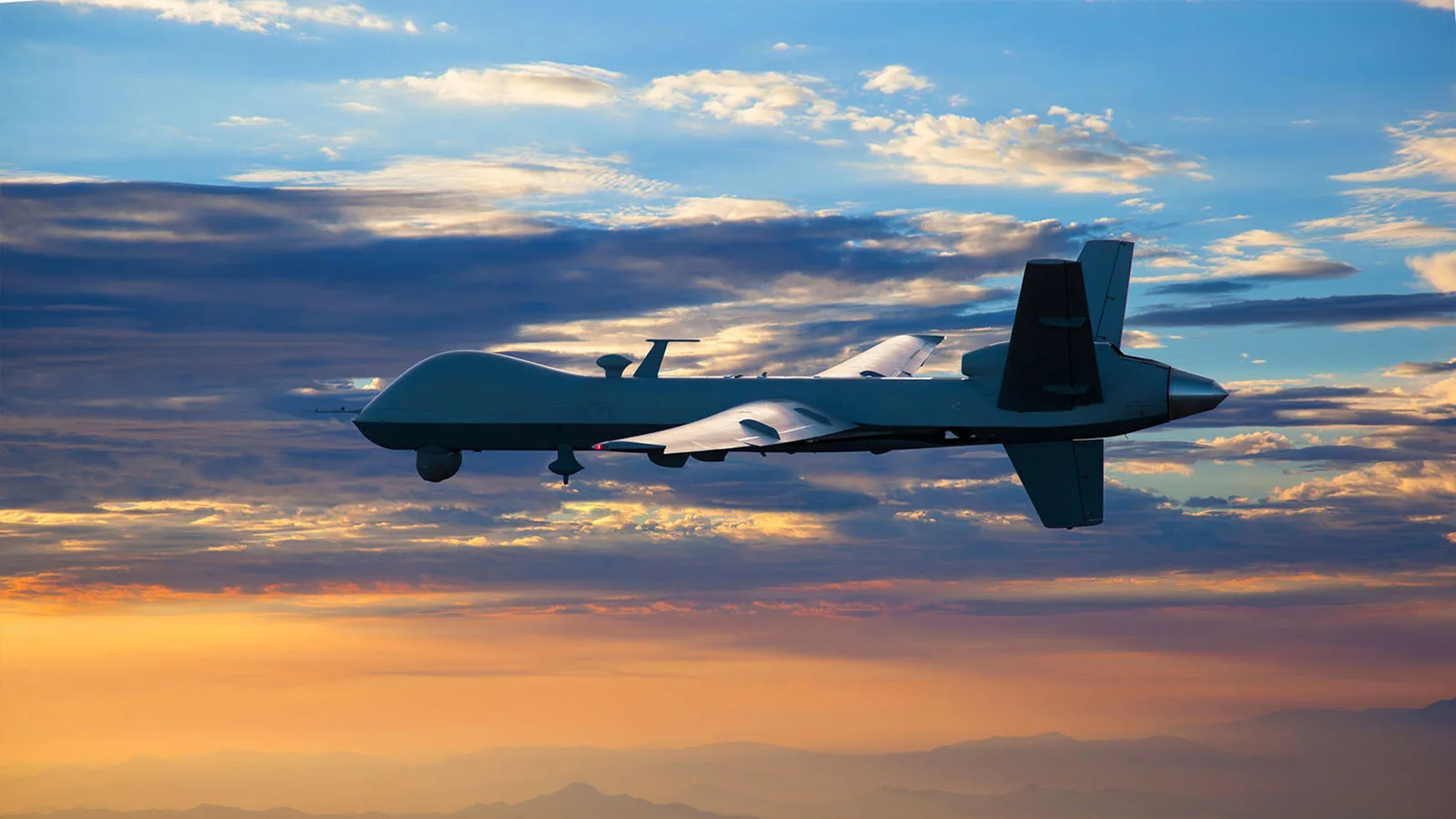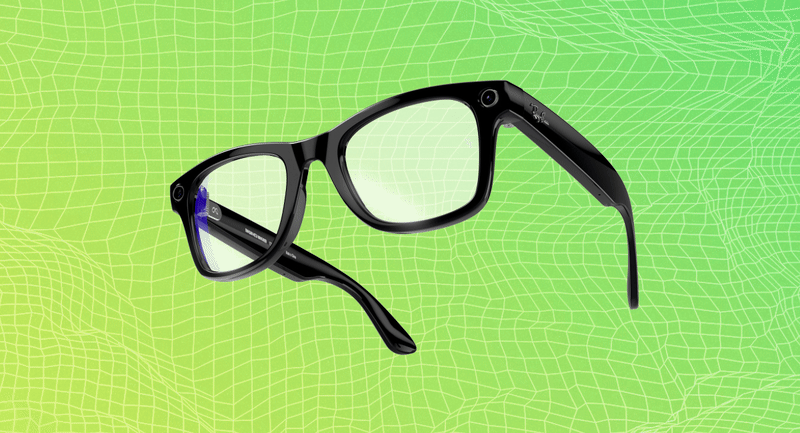Kristin Houser
Kristin Houser is the Managing Editor of Freethink. Her articles on science and technology have been featured in NBC News, RealClearDefense, and the World Economic Forum’s Agenda, among other publications, and Stephen Colbert once talked about a piece on “The Late Show,” to her delight.
Kristin is currently based in Pittsburgh, and prior to joining Freethink, she was a staff writer for Futurism, launched an LA-based music blog, and wrote several animated and live action web series.

Other plans for the tech: organ banking and deep space travel.
“You’ll be able to fly twice as fast as a Boeing or Airbus, and it’ll be like the cost of flying business today.”
Featuring SpaceX’s “Mechazilla,” a first-of-its-kind spacewalk, and more.
With undersea cables, AI education, and more, the tech giant is helping create Africa’s “digital decade.”
Experts answer 10 big questions about the nightmare scenario that could send us back to the pre-Space Age.
A CDC survey suggests America’s obesity rate may be falling.
Behind America’s hunt for a superior semiconductor.
They’re in our brains, hearts, and blood — but what are they doing to us?
AI software is rapidly accelerating chip design, potentially leveling up the speed of innovation across the economy.
A prolonged strike could cost the economy between $500 million to $4.5 billion per day.
Reusable rockets, moon landers, civilian astronauts, and more.
The best autonomous car may be one you don’t even need to own.
“The promise of the Human Genome Project has finally arrived.”
The US needs 28 million EV chargers by 2030. Here’s how it can get there.
Make Sunsets is bringing solar geoengineering from sci-fi to reality.
Why the road to self-driving vehicles is paved with smarter “dumb” cars.
How technology could change everything we thought we knew about reproduction.
These startups, space agencies, and aerospace giants are building humanity’s next off-world homes.
When AI eats its own product, it gets sick.
Just eight of Etched’s Sohu chips could replace 160 Nvidia GPUs.
We need more data centers for AI. Developers are getting creative about where to build them.
These missions will put us one step closer to the ultimate goal: crewed trips to Mars.
His $1 million ARC Prize competition is designed to put us on the right path.
The lithium-ion alternatives could help create a safer, greener future.
And, more importantly, what’s being done to get them online?
Can AI-powered “answer engines” replace the 10 blue links model?
Comparing Elon Musk’s Mars rocket to NASA’s new ride.
The military is courting tech startups to help it win the AI arms race.
Smart glasses have flopped before. AI could finally make them mainstream.
Hunger rates are rising. These technologies could turn the tide.


